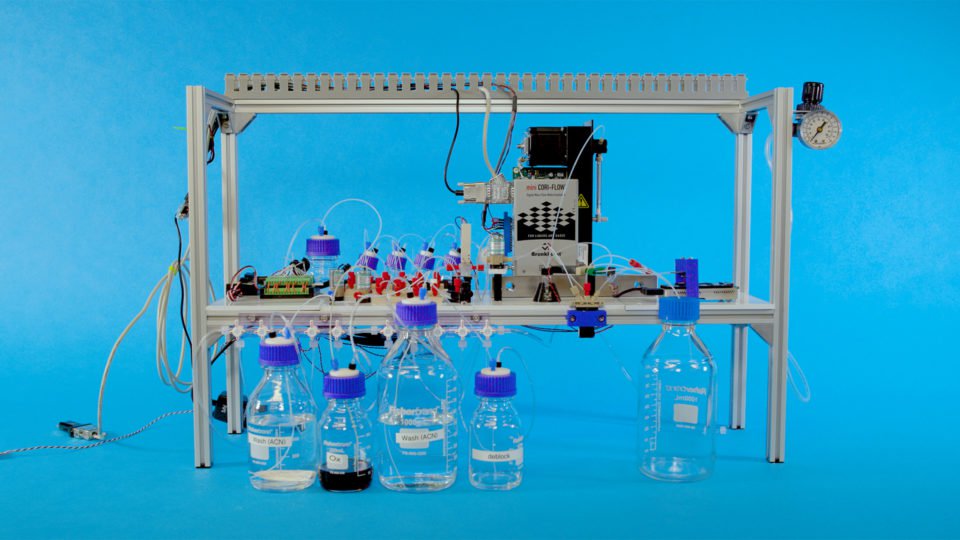The European Union has been reconsidering its copyright laws for several years, and for months we’ve been trudging towards a final vote. Well, that vote is scheduled for Tuesday, and if approved it could mean the end of the open internet as we know it.
Specifically, there are two troubling provisions in the EU’s new Copyright Directive: Articles 11 and 13. The former would impose a “link tax” on websites linking to external content they don’t own—which, on its face, is a solution to social giants freeloading on the work of news organizations without paying out any derived ad revenue. Article 13 would impose a content ID system on nearly all platforms to prevent the unauthorized uploading of copyrighted material.
In a perfect world, both of those ideas work to establish a fairer internet. But in the real world, it’s thought the link tax would be a slap on the wrist for major players and a death sentence for the small fry. A near-universal content ID system would also open up a raft of sites to the endless abuses of copyright trolls. My colleague Rhett Jones has a more expansive explanation of these Articles here.
To protest against the impending possibility of a stricter internet, a variety of major sites have engaged in blackouts or popover campaigns today, including Reddit, several EU-area Wikipedias, Twitch, and Pornhub. “Even though Reddit is an American company, we’d be highly impacted by changes to the law, as would our European users,” Reddit wrote in an announcement post today. “It could even impact the availability of services we provide to non-EU users.”
Internet pioneers Tim Berners-Lee and Vint Cerf have also come out in opposition to the EU Copyright Directive’s potential chilling effects on information freedom, as has the Electronic Frontier Foundation, and the United Nations’s special rapporteur on freedom of opinion and expression.
Protest banners and blackouts have become an increasingly common tactic for sites and platforms to push against sweeping legislation, and many of the aforementioned companies engaged in similar actions to preserve net neutrality and rebuke SOPA/PIPA. Given the glacial pace the EU Copyright Directive has been moving at, YouTube and Wikipedia Italy have previously protested the possible law change, while back in January Google threatened to kill its News service in Europe if the legislation goes through.
Source: Wikipedia and Reddit Stage Eleventh-Hour Protest Against Alarming EU Copyright Plan

